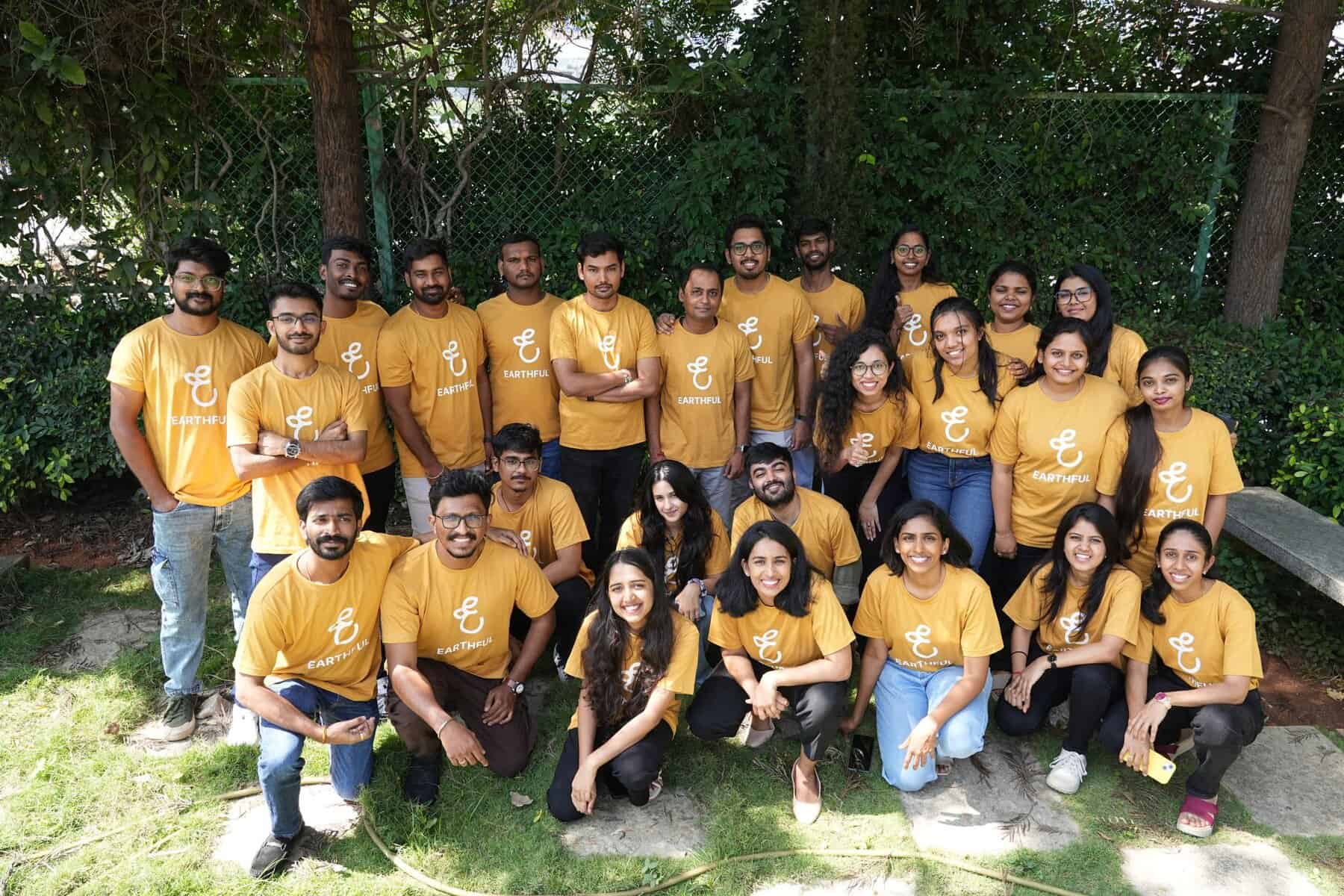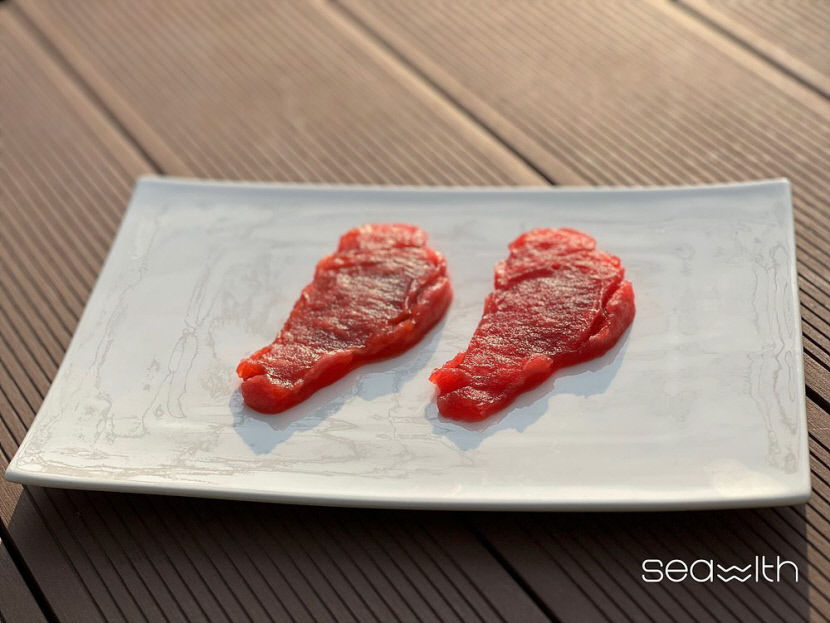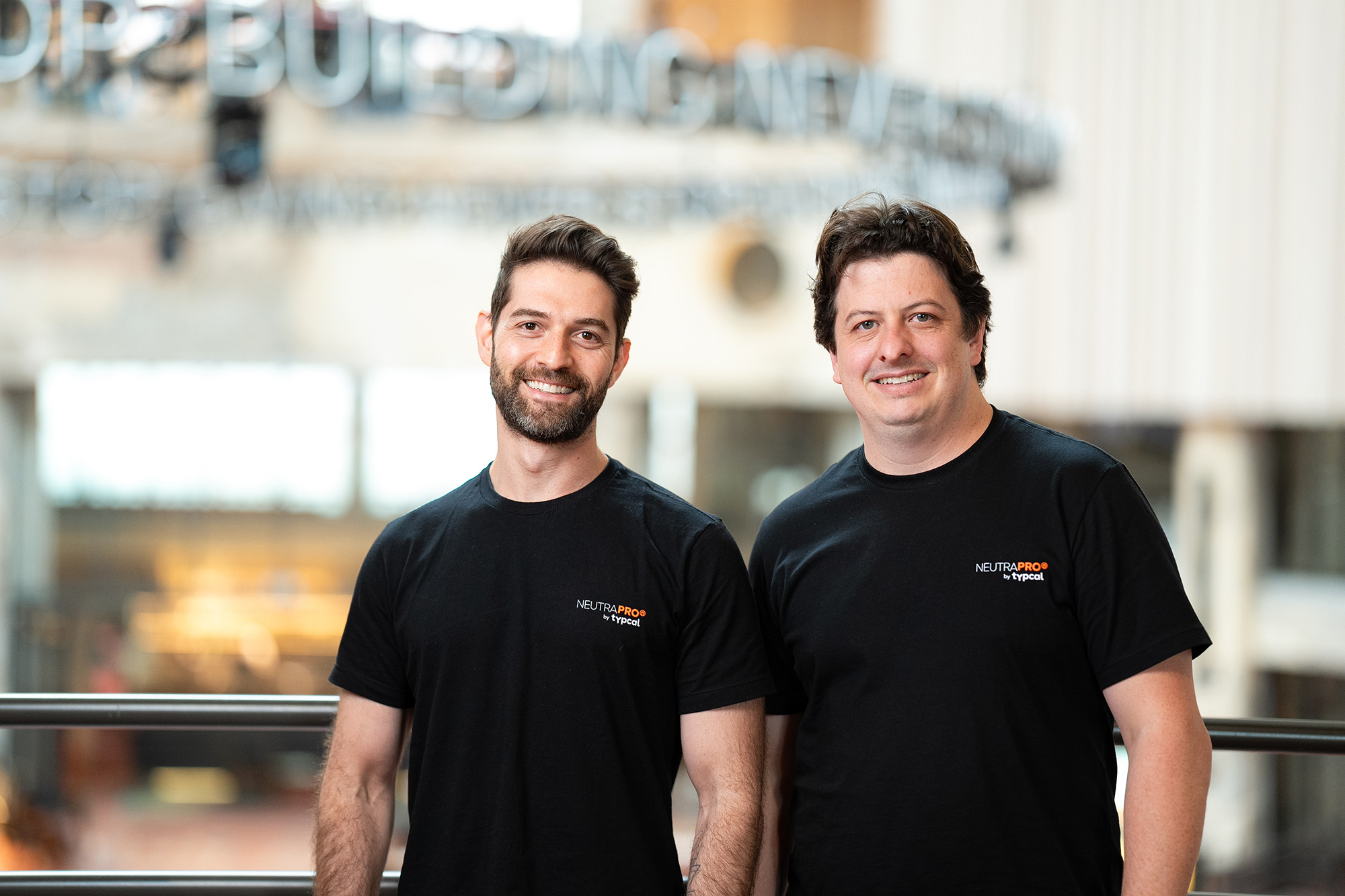

ProVeg and Volt Europa condemn EU Parliament vote to ban 'meaty' names on plant-based foods
The European Parliament has voted to restrict the use of 'meaty' names such as 'sausage', 'steak' and 'burger' on plant-based foods – a move criticized by both ProVeg International and Volt Europa, among many, as out of touch with consumer reality and damaging to Europe’s innovation agenda.
The proposal passed with 355 votes in favor, 247 against, and 30 abstentions. It marks a fresh attempt to regulate how plant-based alternatives to meat are labeled across the European Union, reviving a debate that many stakeholders thought had been settled years ago.
Jasmijn de Boo, Global CEO of ProVeg International, called the outcome “disappointing”, saying it undermined efforts to build a sustainable food system. “Plant-based foods are, and always will be, an essential part of EU agriculture, its economy and its growth,” she said. “Europe is the biggest consumer market globally for plant-based meat alternatives, a market from which EU farmers will benefit hugely as it creates higher-value markets for pulses, soy, wheat, fungi, nuts, and vegetables – many of which are already grown in Europe.”
She added that legumes improve soil health and reduce fertilizer needs, lowering production costs, meaning “there are both economic and environmental benefits to promoting, rather than restricting, the sale of plant-based foods.”
Anna Strolenberg, a Member of the European Parliament for Volt Europa, also condemned the vote, saying it reflected misplaced priorities. “Disappointing news from the European Parliament this week: we are voting on burgers. What should we do? Almost anything else,” she said. “Europe’s farmers deserve fairer contracts, stronger bargaining power, and real transparency in price formation. That’s where our energy should go – not into debating whether a plant-based burger can be called a burger.”
Strolenberg said the decision was “a waste of time and political capital” and showed how “politicians too often follow lobbying, not society”. She pointed to the example of “soy milk,” which European producers are still legally barred from labeling as milk despite the term being widely used and understood by consumers.
Both ProVeg and Volt Europa stressed that research has consistently shown there is no consumer confusion over plant-based labels. “Everyone knows a cauliflower steak is made of cauliflower, not beef,” said Strolenberg. “This ‘burger ban’ is nothing more than a smoke screen to distract from the real issue – that Europe still fails to ensure a decent income for its farmers.”
ProVeg argued that the restrictions will create administrative hurdles for companies operating across different Member States, particularly given Europe’s linguistic and cultural diversity. De Boo said the move also undermines the EU’s single market and runs counter to broader environmental and economic goals. “By restricting plant-based labelling, the EU single market is also undermined as such restrictions introduce administrative complexity,” she said.
Strolenberg warned that the decision would penalize those driving change within agriculture and food. “It punishes farmers investing in plant-based protein crops. It punishes startups developing healthy, sustainable products that now have to rebrand. It punishes consumers, who are not confused, but who need recognizable names to understand which products can substitute animal products with.”
Both critics framed the debate as emblematic of Europe’s struggle to modernize its food policy. “This won’t help livestock farmers one cent,” said Strolenberg. “On the contrary, it risks punishing those farmers and entrepreneurs who are part of the solution, not the problem. Europe can, and must, do better than this.”
The European Parliament’s vote comes at a time when the EU is seeking to implement its Green Deal and Farm to Fork Strategy, both of which aim to make food systems more sustainable. ProVeg said restricting plant-based labelling runs counter to those goals and could slow progress on reducing emissions and supporting dietary shifts across the continent.
De Boo reiterated that plant-based foods were a vital part of the EU’s agricultural future, not a threat to it. “Europe has the opportunity to lead the world in sustainable food innovation,” she said. “Rather than restricting language that consumers clearly understand, policymakers should be encouraging the development of foods that contribute to a healthier planet and a stronger agricultural economy.”
For both ProVeg and Volt Europa, the message was clear: instead of debating semantics, Europe should focus on supporting farmers, advancing innovation, and building a resilient food system fit for the future.
If you have any questions or would like to get in touch with us, please email info@futureofproteinproduction.com






